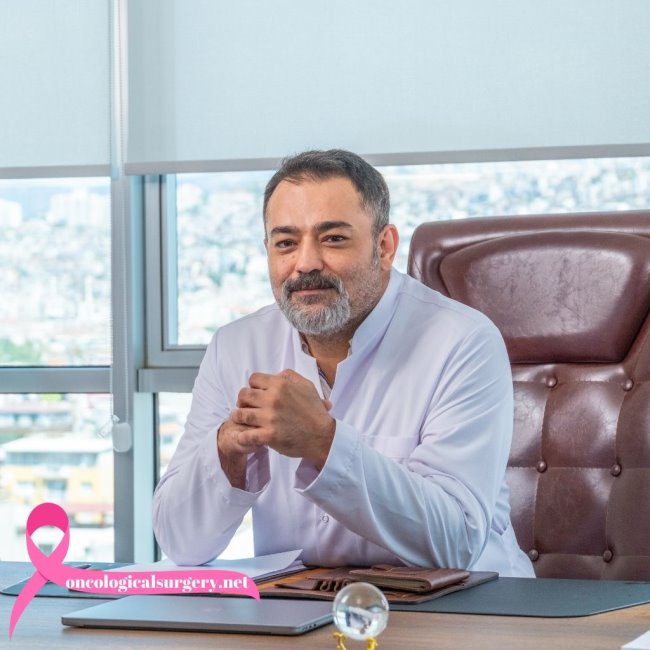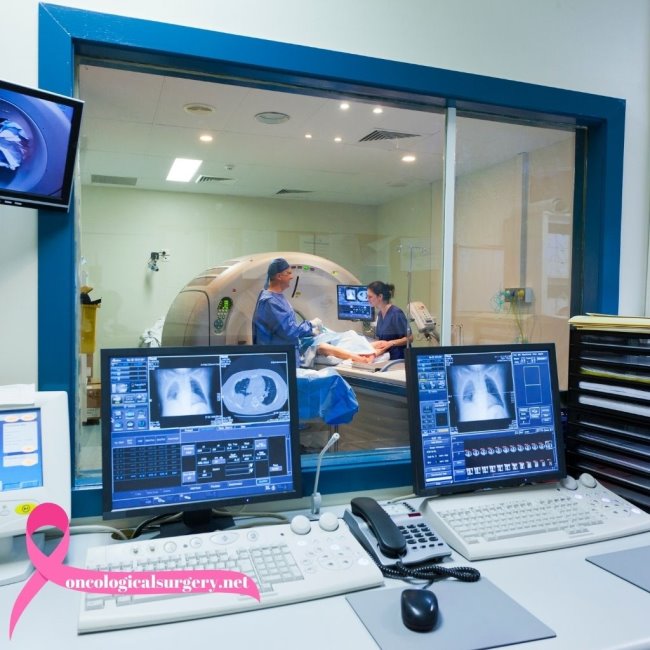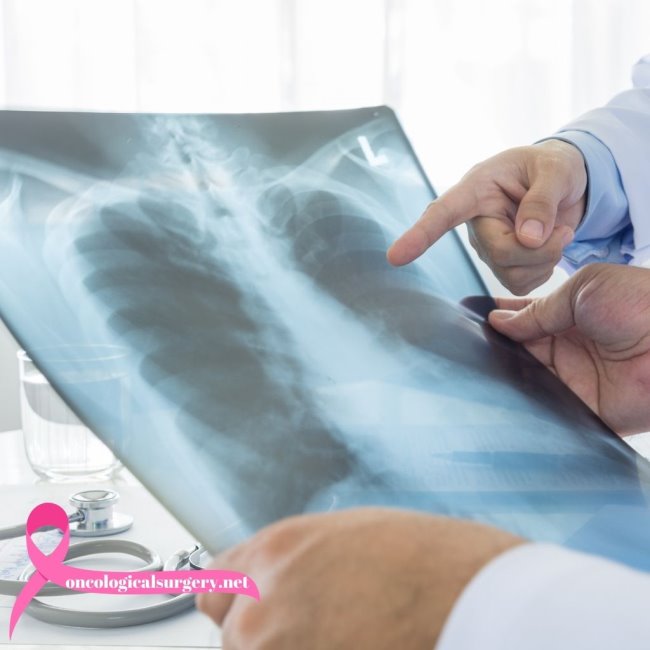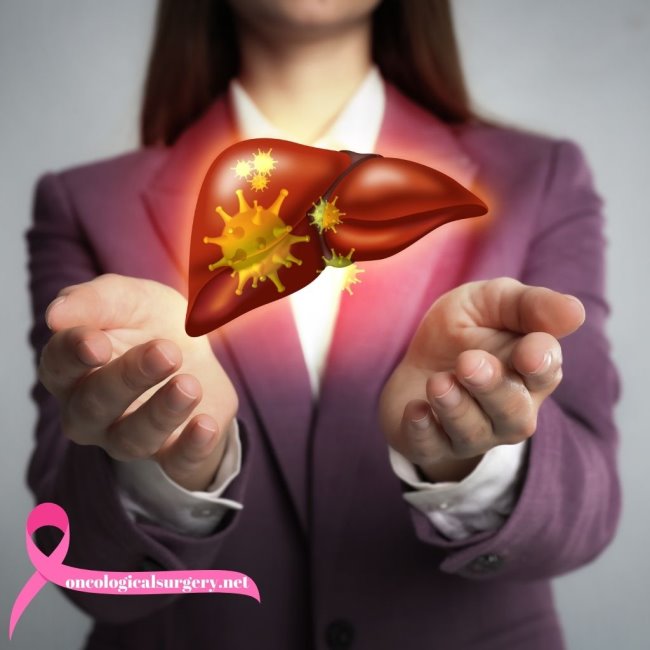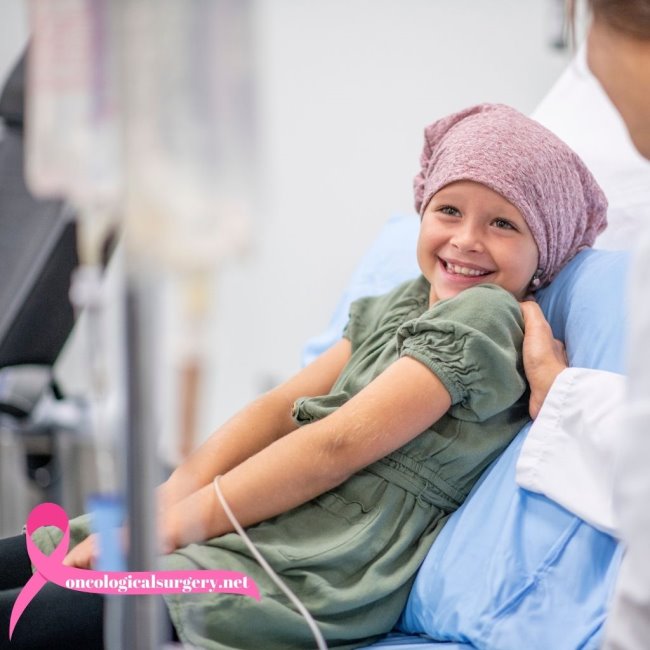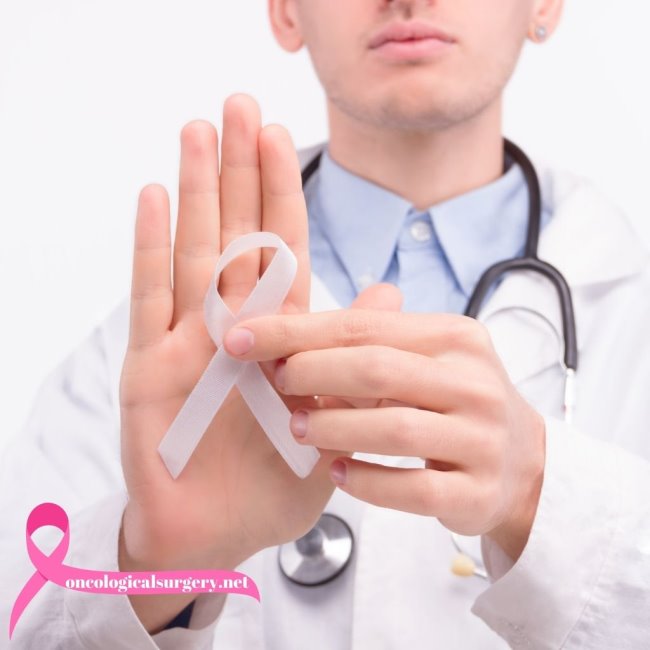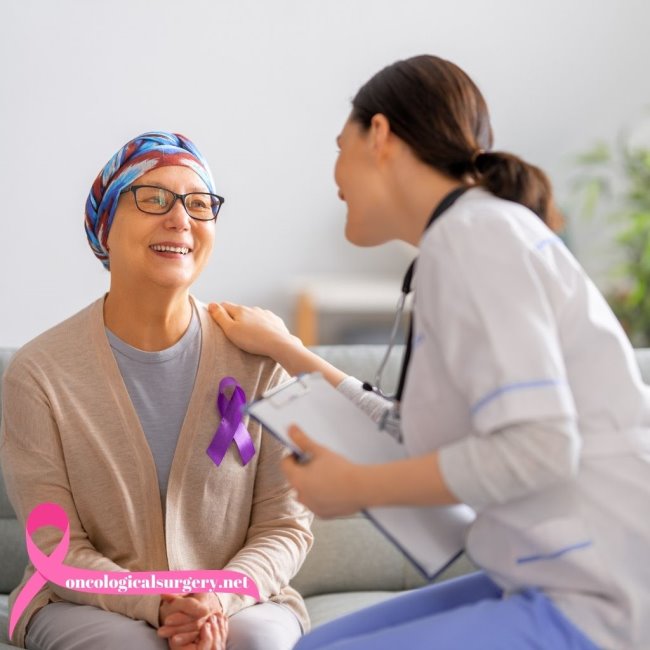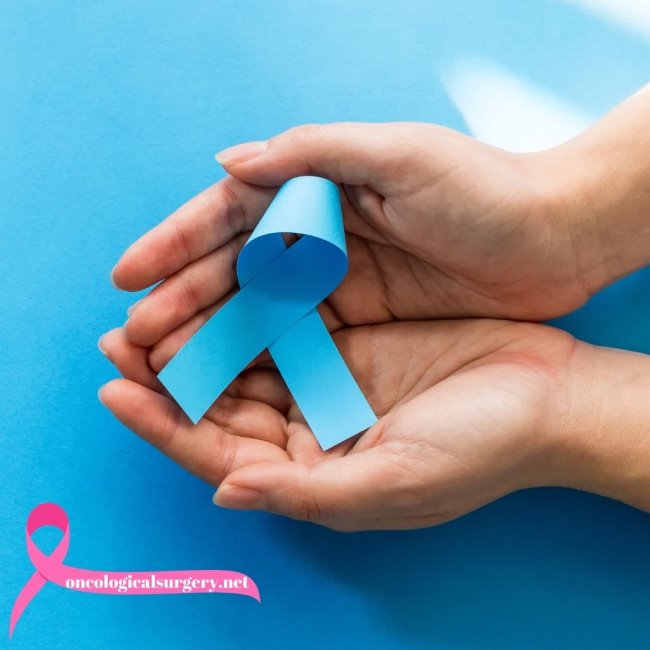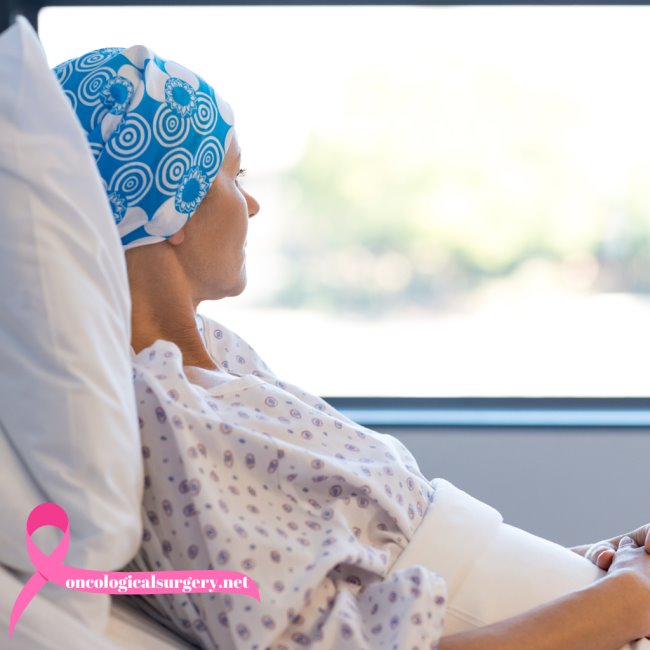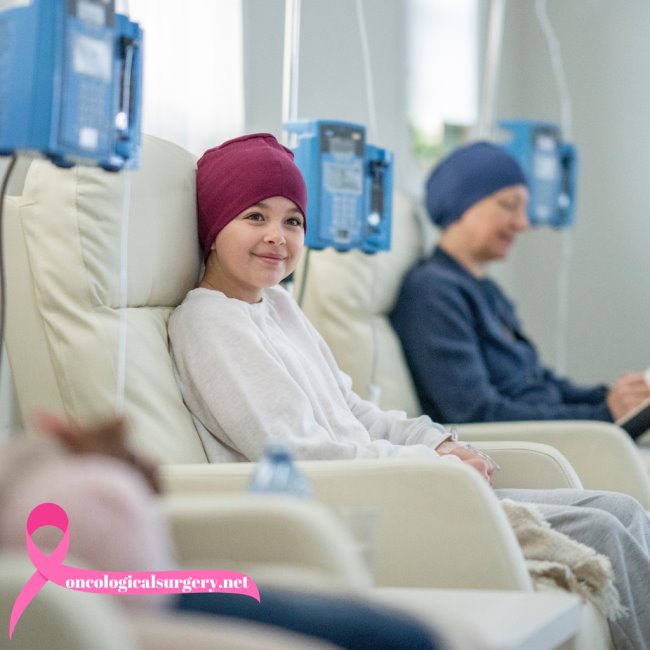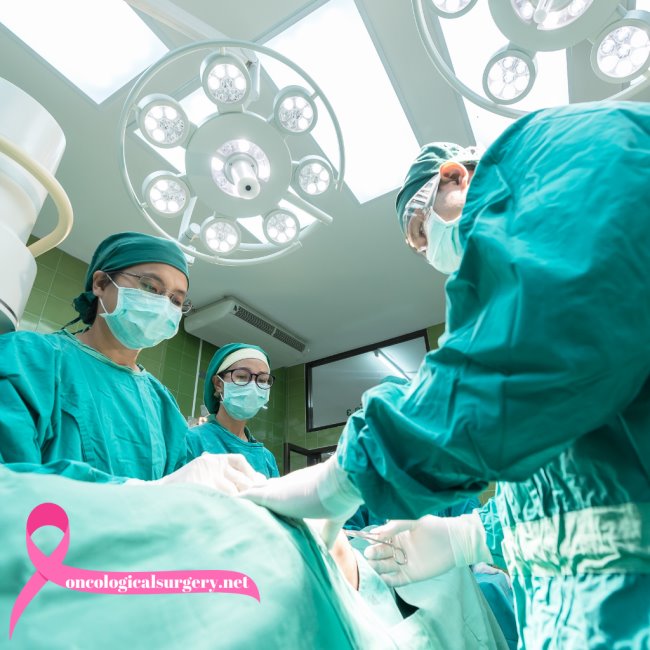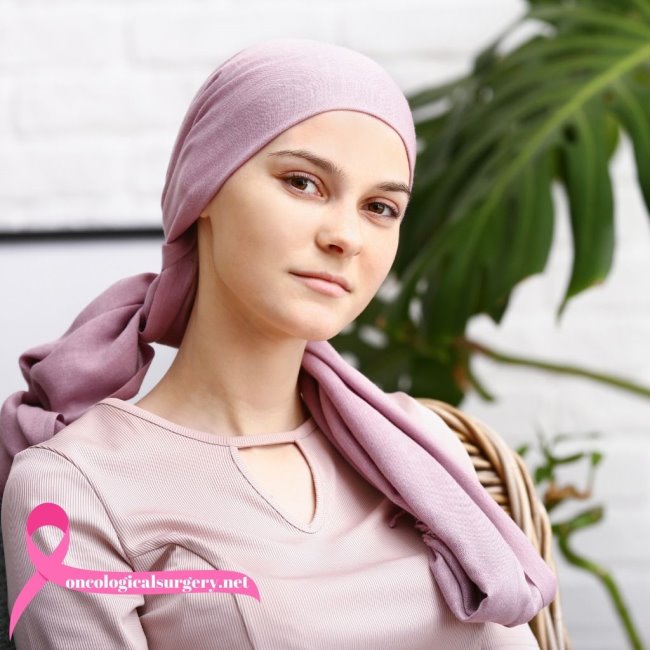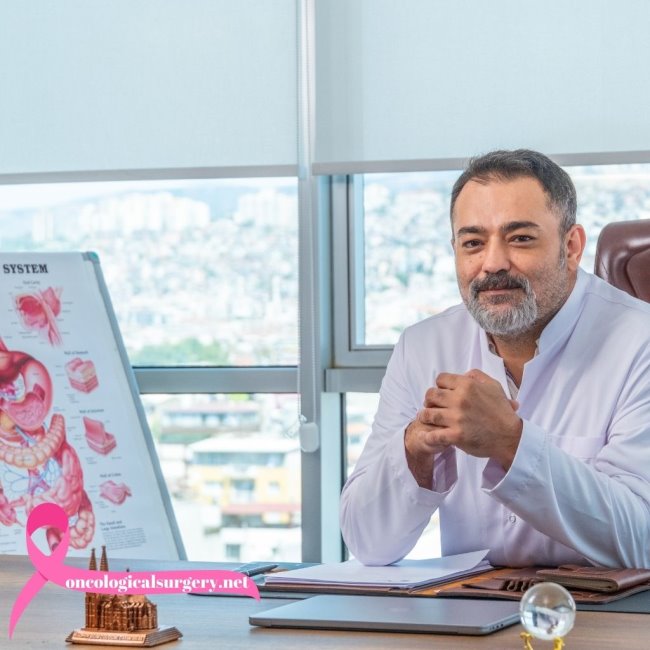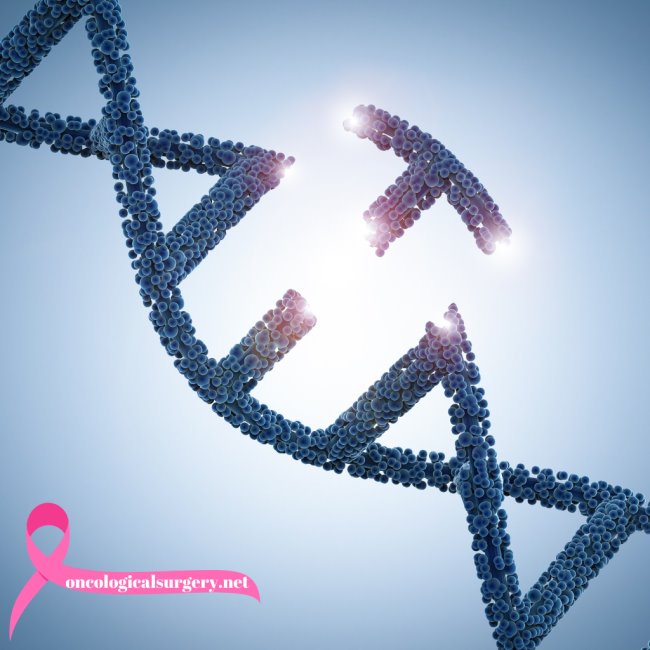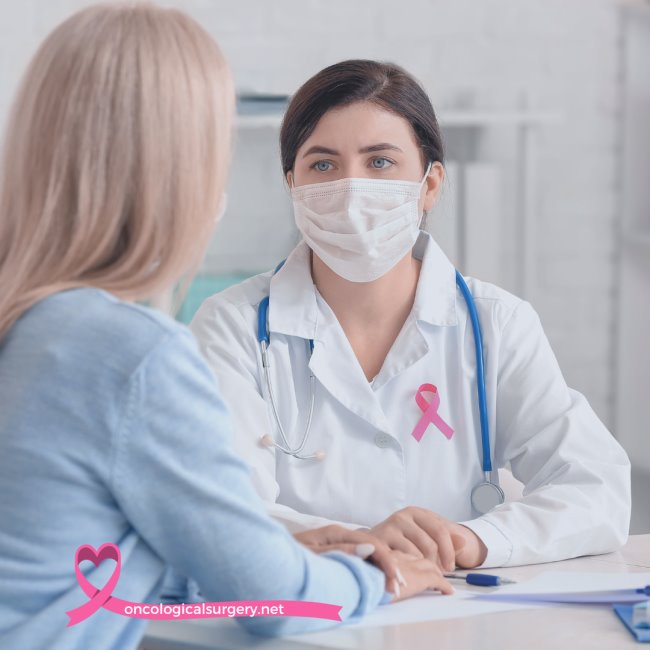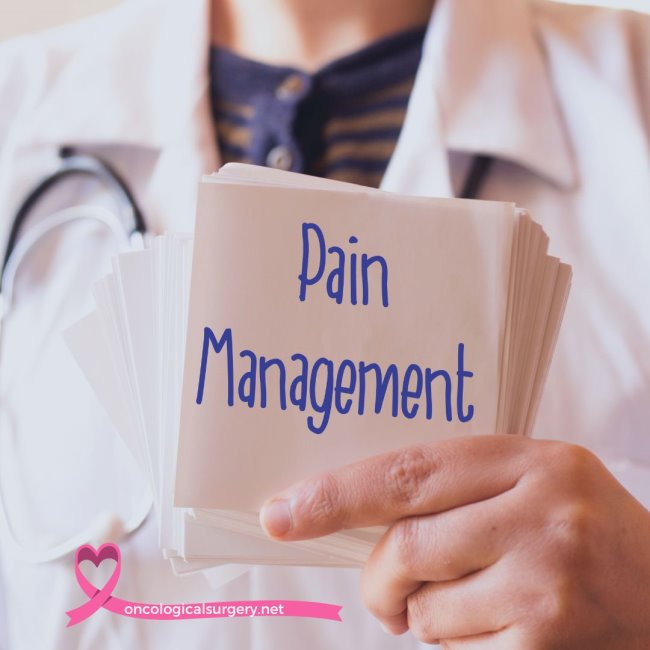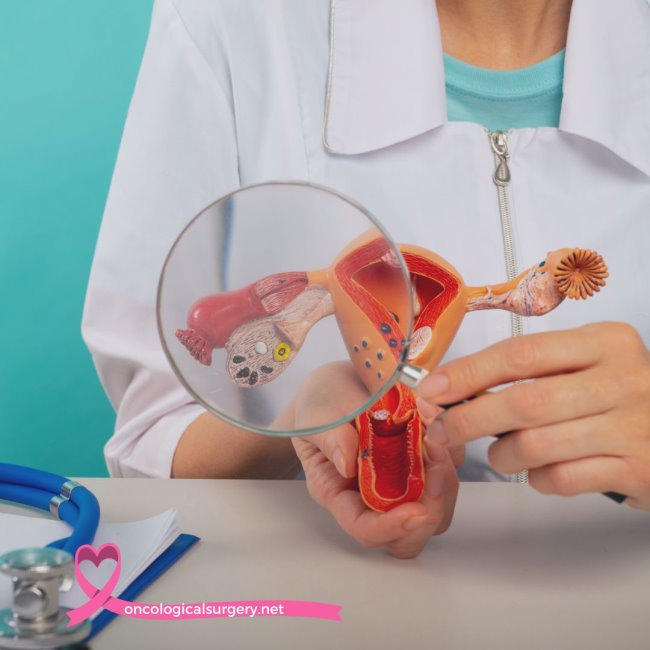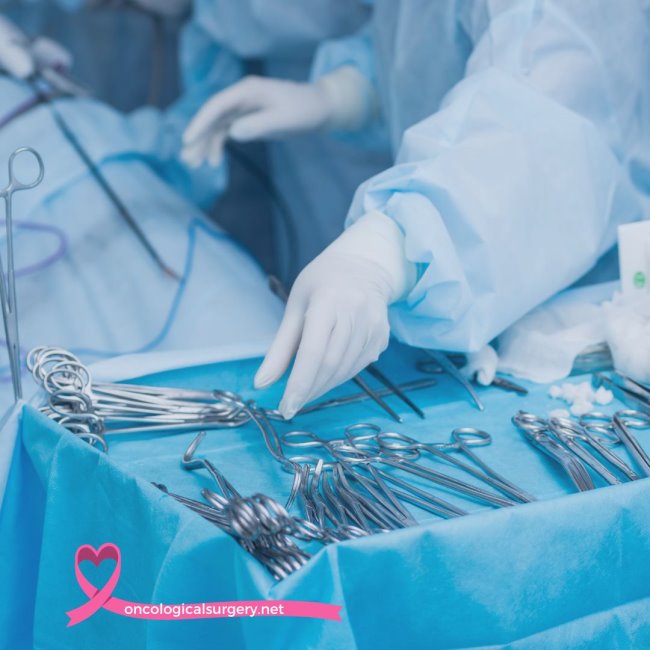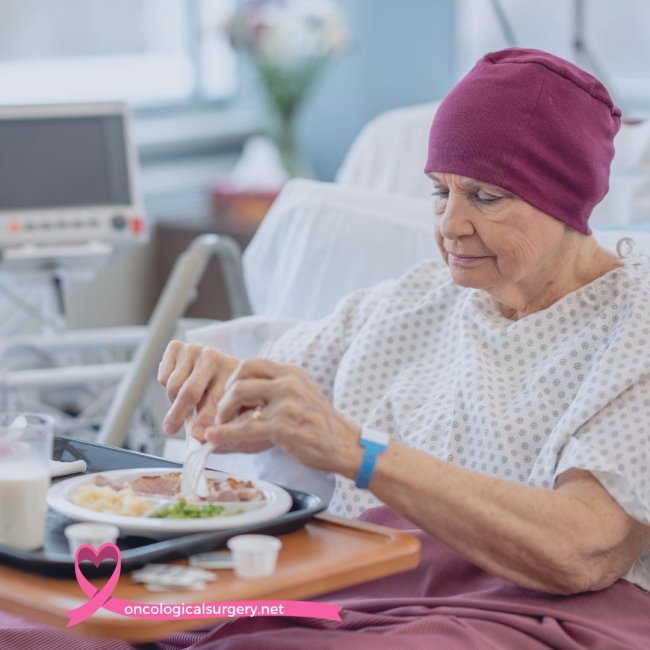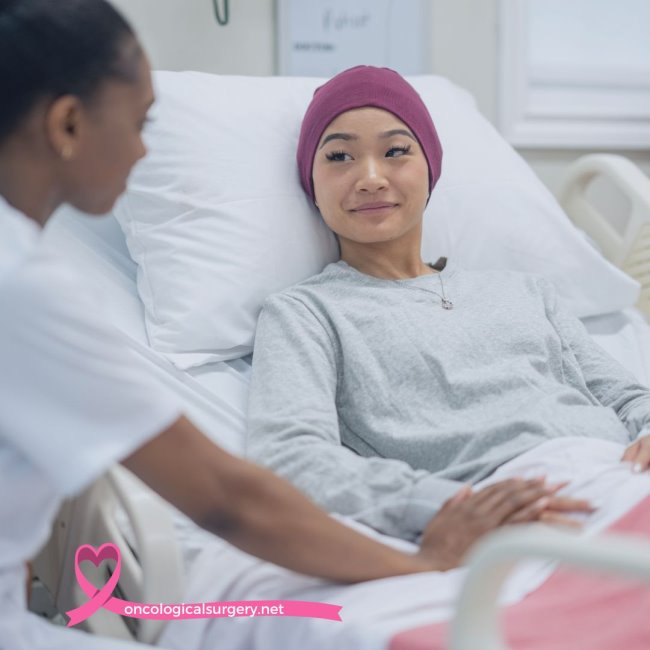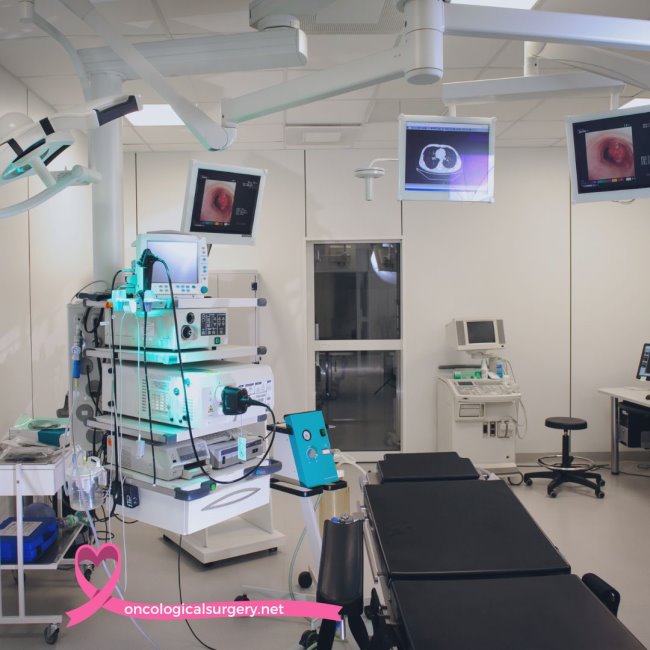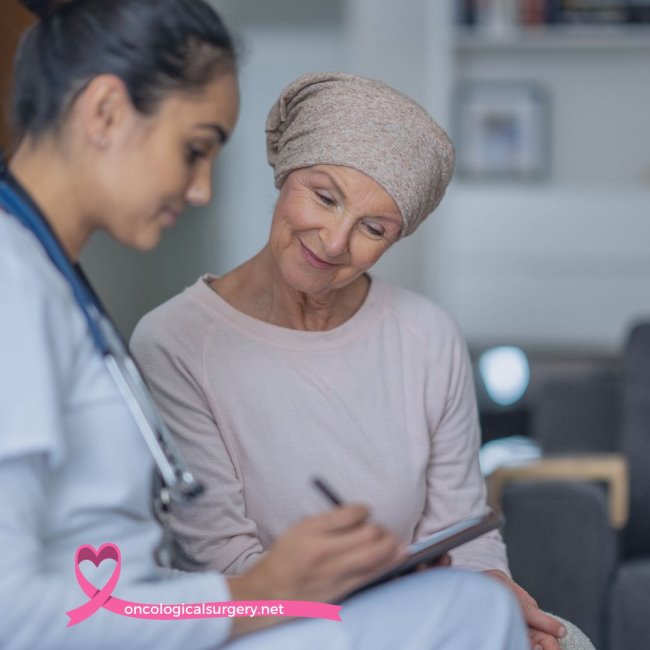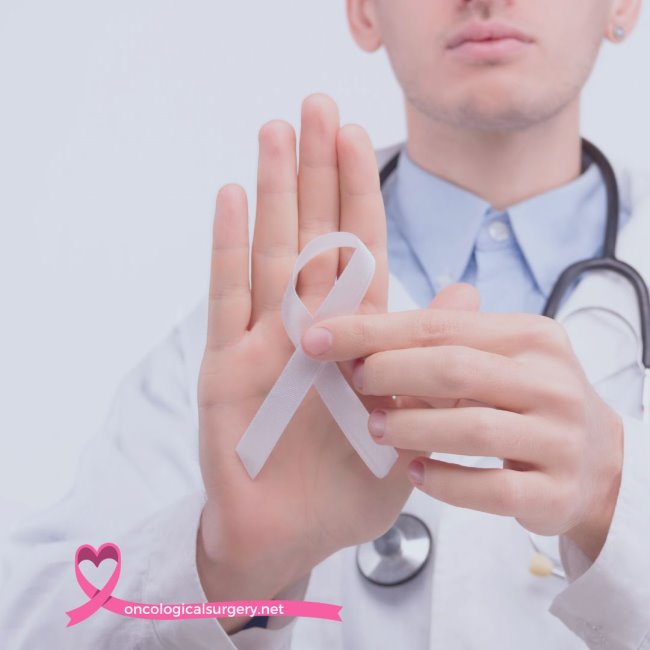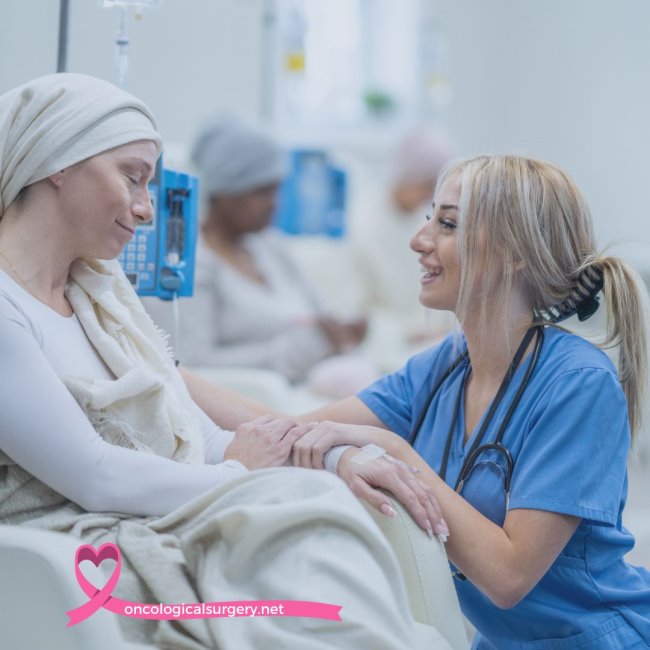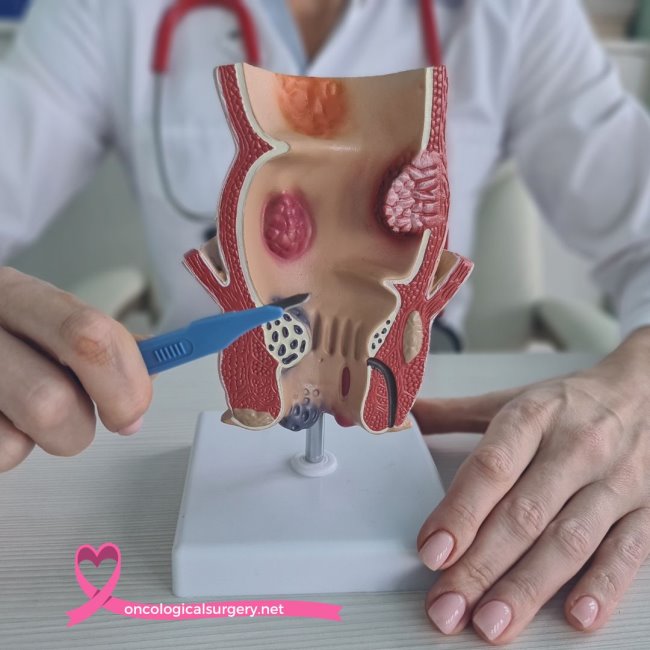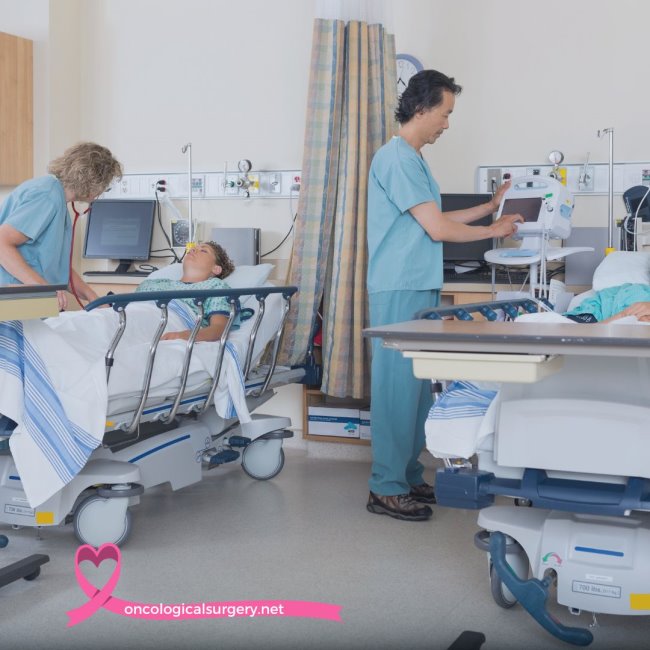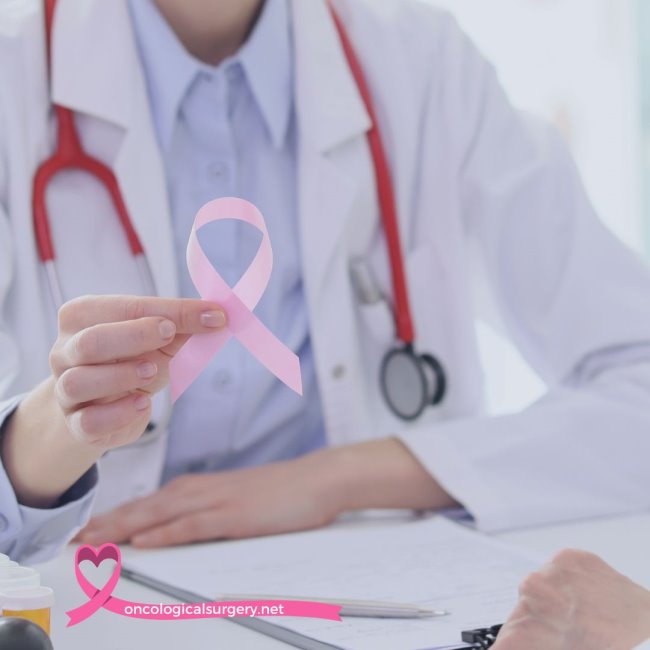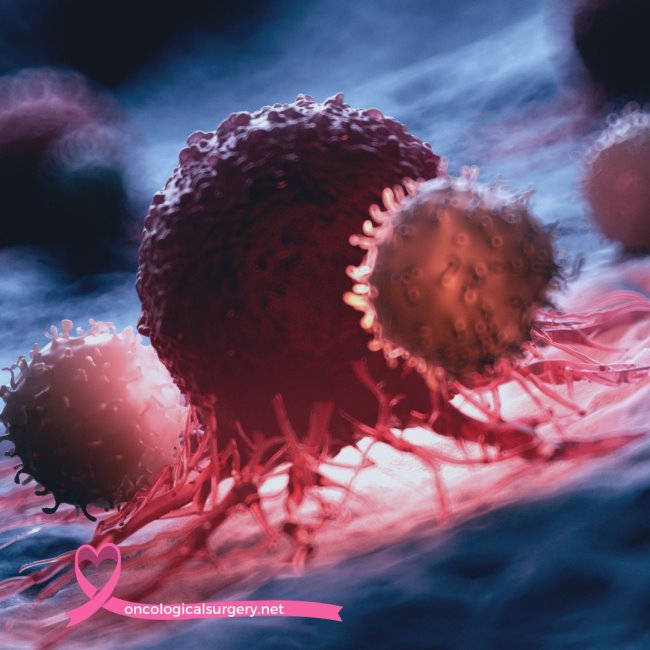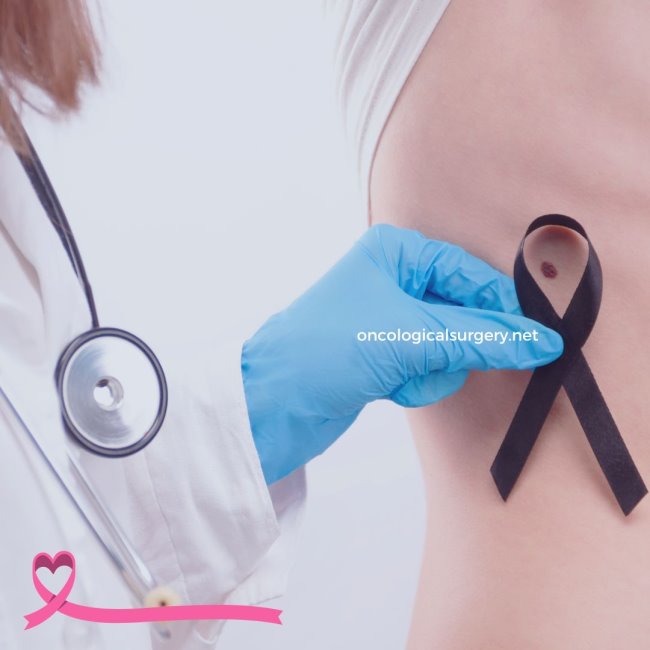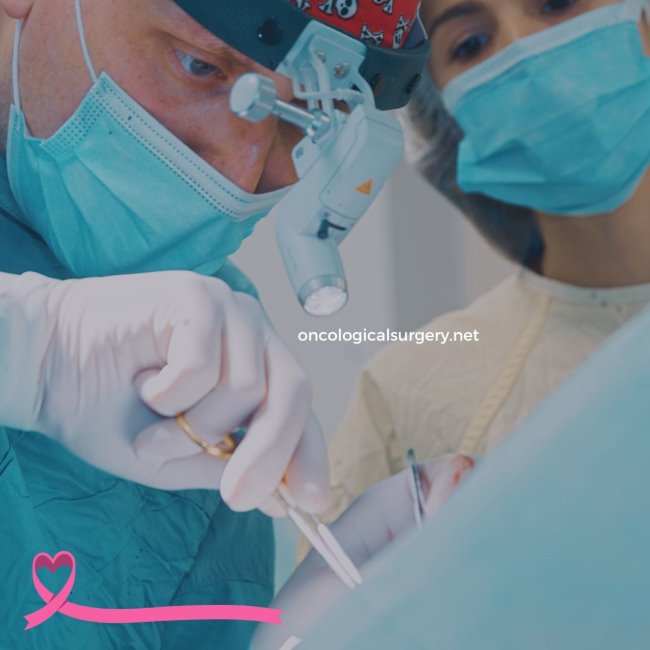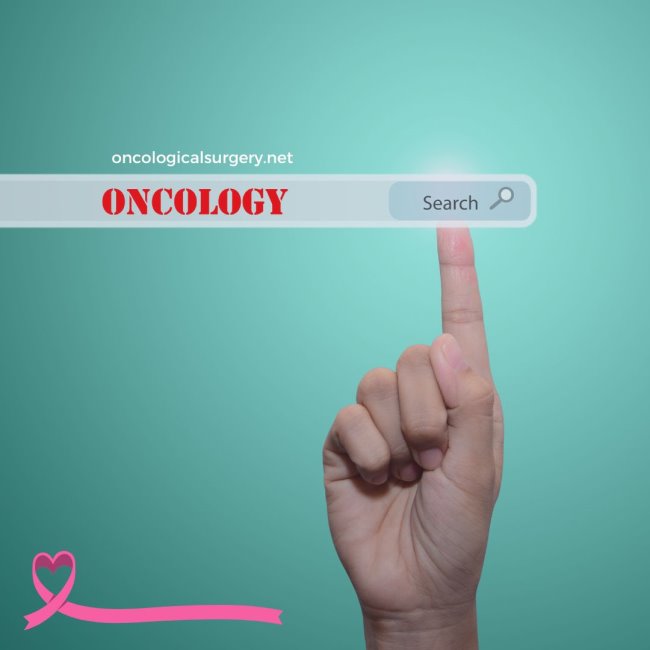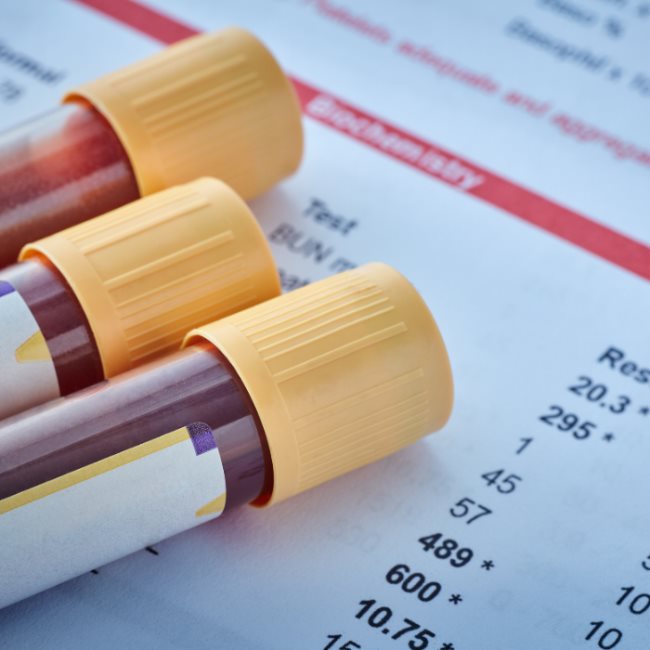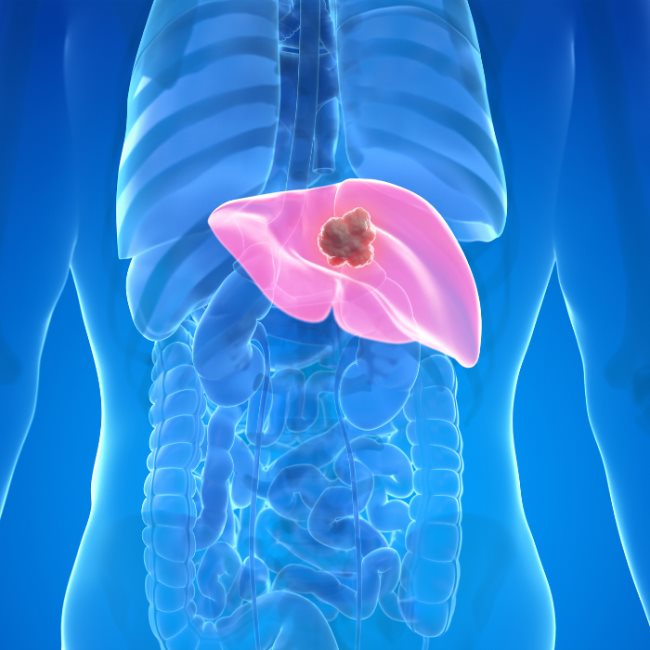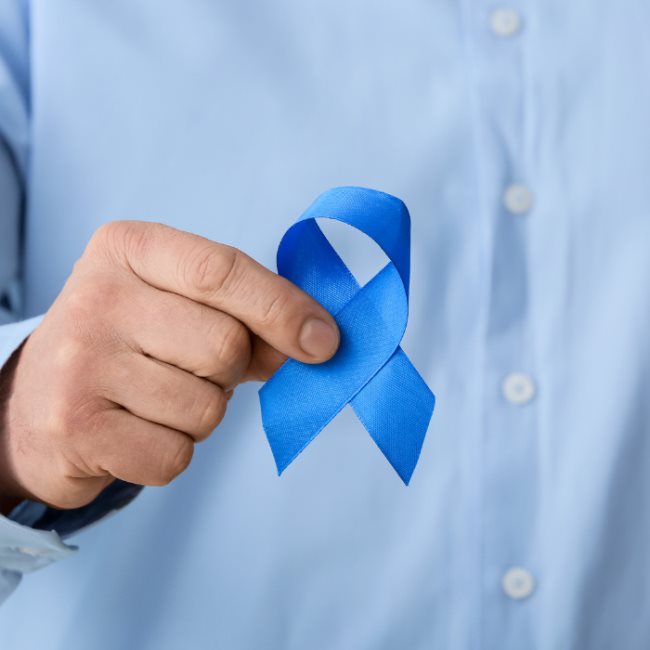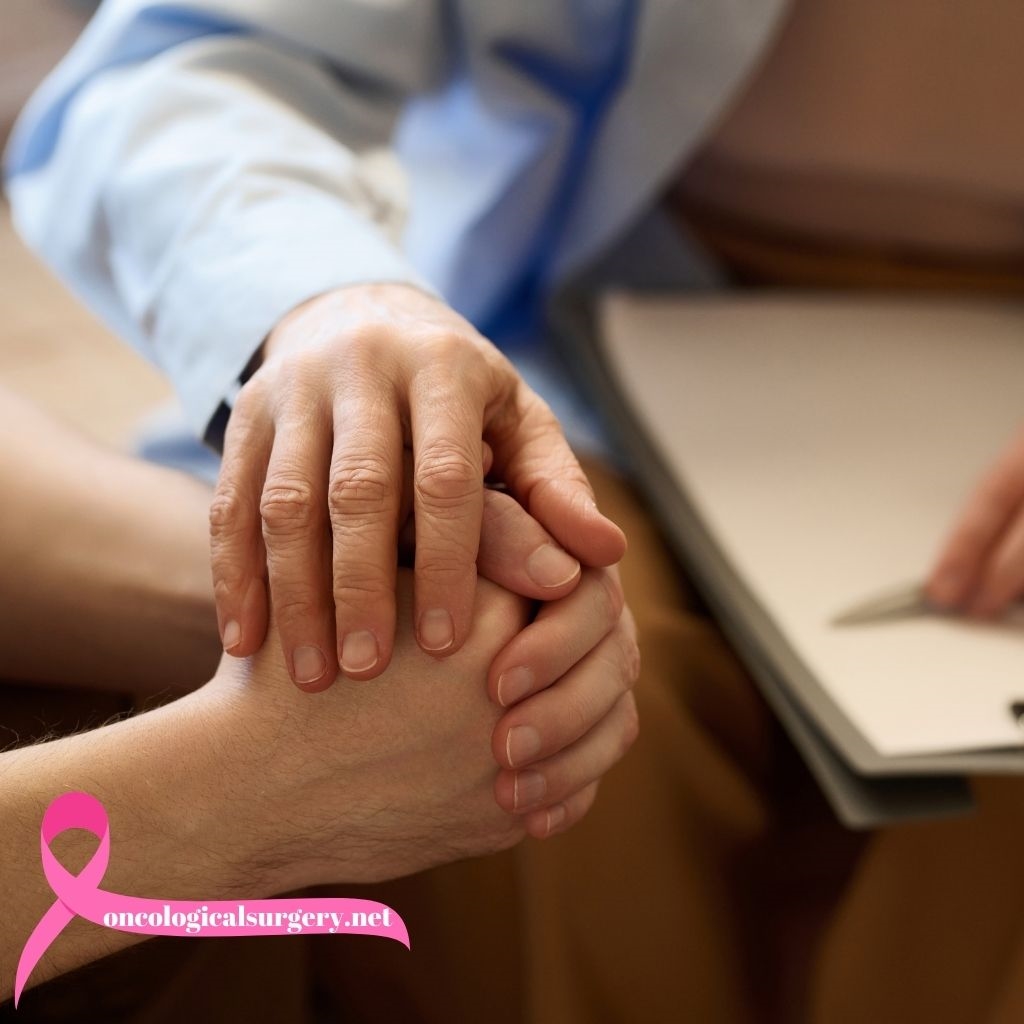
How to Find Support Groups for Cancer Surgery Patients?
Cancer surgery is a life-changing experience with its own physical, mental, and psychological burden. For first-time oncology, for a complicated surgical procedure, or for a long and difficult rehabilitation, most find comfort in a group. These groups provide a shared experience, survival advice, and support in a group of fellow sufferer-patients with a similar journey.
For coping with care for colon, with care for pancreatic, and with care for the stomach, a group can be of most use. In this article, we will learn tips for joining an effective group, face-to-face and through the web, and why such groups can make a significant contribution towards healing.
Why Support Groups Are a Necessity for Patients Undergoing Cancer Surgery?
Going through oncologicla surgery can be an isolated experience. Most grapple with anxiety, a constant fear of a recurrence, and an interrupted flow of life. Support groups bridge that gap of emotion and introduce a group of fellow sufferer-patients, and enable them to get through with less alone and vulnerability.
The groups have a variety of things to offer, including:
- Emotional Comfort: Sharing with fellow sufferer-patients can diffuse tension and tension.
- Practical Solutions: Patients have survival advice with post-op pains, diets, and getting fit again.
- Knowledge about Medicine: Patients discuss options for care, such as HIPEC care and care for bile duct carcinoma, with first-hand experiences.
- A Feeling of Belonging: Feeling understood and supported can contribute towards overall well-being and a strong will.
How to Access a Support Group?
The best group for an individual will depend on preference and need. Some like face-to-face groups, and many like web forums and communities. Here are tips for joining a group best for your case
1. Consult Your Oncologist or Healthcare Team
The first step in finding a support group is speaking with your healthcare provider. A private oncologist or hospital social worker can recommend reputable groups tailored to specific types of cancer or recovery needs.
Many cancer treatment centers also have in-house support programs or connections to established organizations that can help.
2. Join Online Support Communities
For those who prefer the flexibility of remote support, online forums and social media groups provide excellent options. These platforms allow patients to connect with others worldwide, access information 24/7, and participate at their own pace.
Popular online cancer support communities include:
- Facebook Groups dedicated to specific cancers, such as colon cancer liver metastasis.
- Reddit forums focused on cancer recovery and surgery experiences.
- Specialized online platforms hosted by cancer organizations.
3. Attend Local Cancer Support Meetings
Many cities and towns have local cancer support meetings organized by hospitals, non-profits, or patient advocacy groups. These meetings provide a structured environment where patients can discuss their journeys, listen to guest speakers, and build personal connections.
To find local meetings, check:
- Hospital or clinic websites.
- Community centers or libraries.
- Cancer foundations that list group meeting schedules.
4. Explore Non-Profit Organizations
Numerous non-profit organizations offer cancer support services, including free counseling, peer mentoring, and financial assistance. These groups often specialize in particular cancer types, such as thyroid cancer treatment or stomach cancer treatment, ensuring that patients receive relevant guidance.
Some well-known organizations include:
- Cancer Societies
- Livestrong Foundations
- Local cancer wellness centers
5. Ask for Recommendations from Other Patients
One of the best methods for finding a supportive group is through word of mouth. In case you have encountered fellow patients during your therapy, ask them if they have any groups or communities that can refer for your consideration.
Peers' group referrals will make them intimate and reliable, and hence, an ideal starting point.
What to Look for in a Support Group?
Not all groups for supporting one through a group therapy session will be the same, and thus, it is best to join one that will cater to your requirements and values. Look for the following factors:
- Comfort Level: Do you enjoy and feel supported in your group?
- Focus: Is your group specifically geared towards your kind of cancer or therapy?
- Professional Guidance: Do your group have a medical expert or a qualified facilitator?
- Ease of Accessibility: Can you attend sessions comfortably, both in-person and remotely?
Joining an apt group will make it easier for you to receive your desired support through your healing period for a surgical case of cancer.
Long-term Value in Support Groups
Some patients will require nothing but a little boost during the first period of healing, but many appreciate long-term continuity with fellow groups for motivation, encouragement, and guidance in managing long-term complications, and even in spurring fellow patients to become mentors for new ones in future.
Being part of a community knowing your journey can make a significant contribution in overall mental and emotional wellness.
Conclusion
The proper group for post-cancer surgical care can contribute a lot towards your healing period. Regardless of in-person sessions, web forums, or specialist groups, groups impart a sense of community, emotional encouragement, and useful tips for healing effectively.
If you're a post-oncology surgical patient in need of guidance, see a private oncologist, and explore web and local sources of information. No one has to go through it alone, and with a proper care system, healing is a shared, not an individual, challenge to overcome.
